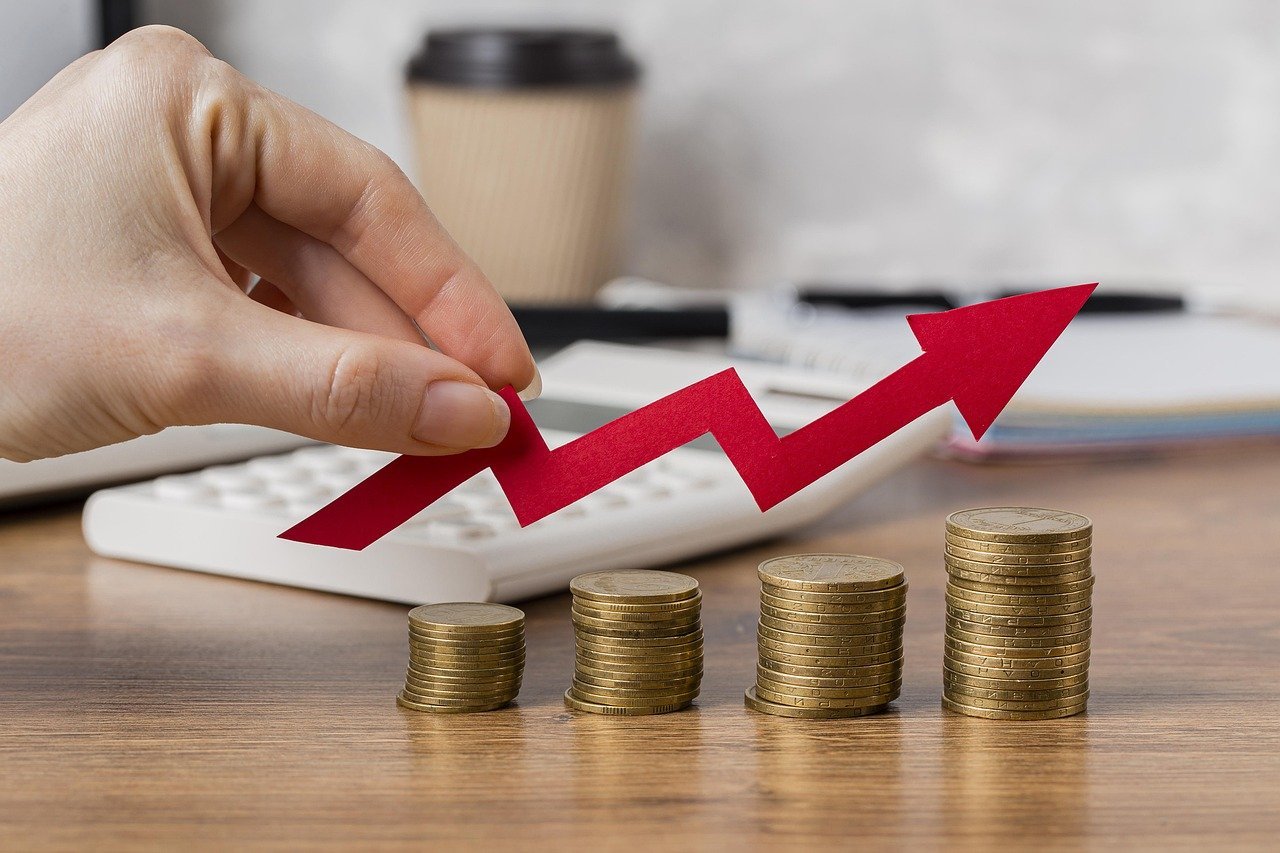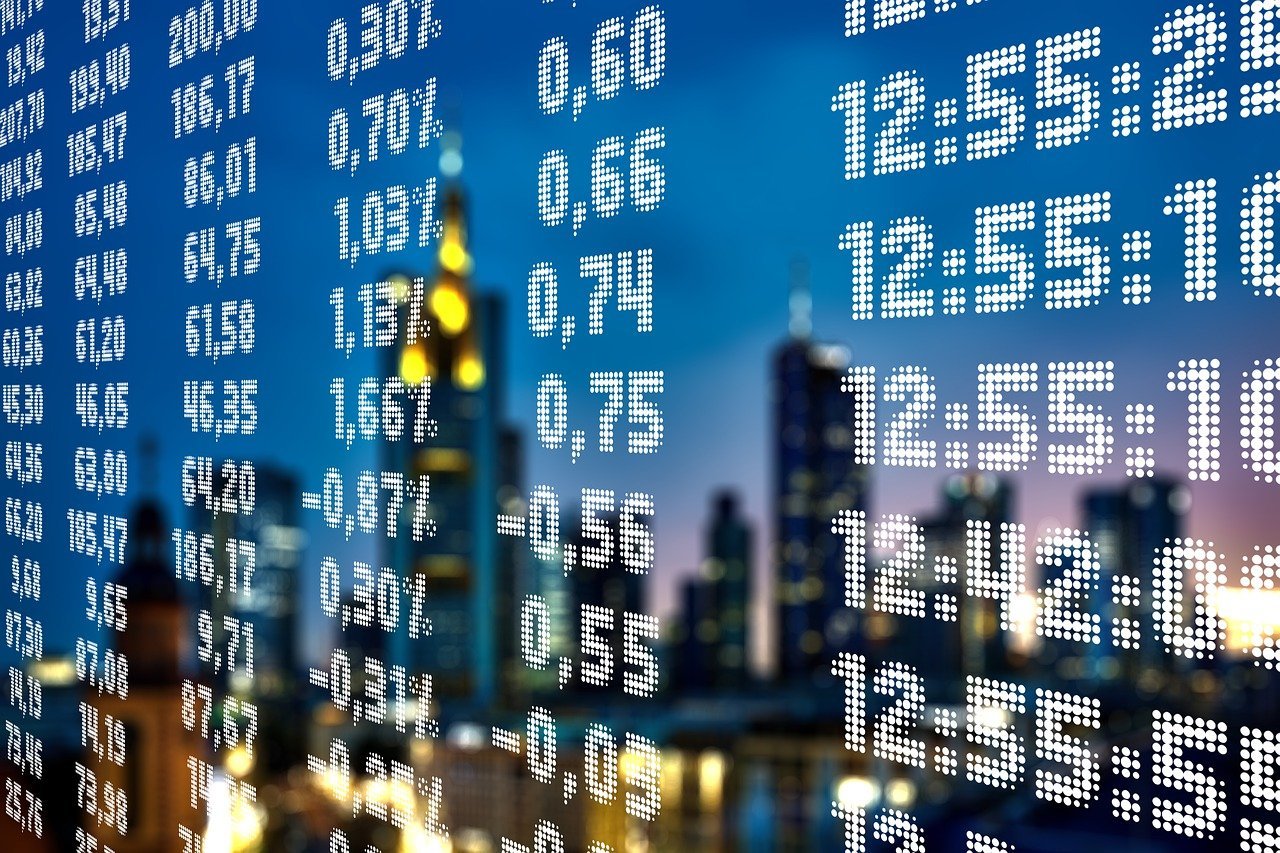Politics affects the economy, and in the end, the citizens - Opinion
1 comment
Hello friends of Project HOPE, today I want to bring up a topic to discuss some things that, I know are not to the liking of many, but recently I was talking to someone regarding the impact of politics on the economy, and this person told me He said that he was not interested in politics, that the most important thing was to work and that's it, that beyond that he can do nothing, and that is partially true, but even so, I think it is always important that we can have a clear position regarding this matter.
Unquestionably, politics and economics are intrinsically linked, and their interactions directly affect the lives of citizens. As I understand it, political decisions shape the economic environment, setting the rules of the game for trade, investment and social well-being. In turn, the economic situation influences political decisions, creating a continuous feedback loop.
This complex relationship manifests itself in various ways, impacting citizens in multiple aspects of their daily lives. This is where we come in as final recipients of the impact of economic policies.

One of the most obvious ways politics affects the economy is through fiscal and monetary policy. Decisions on taxes, public spending, and interest rates determine the amount of money available in the economy, affecting economic growth, inflation, and employment. In Venezuela, a very high tax was recently applied to private companies, which caused companies to have to raise the cost of their services, therefore affecting citizens.
It must be kept in mind that trade policy has a significant impact on the economy. Decisions on tariffs, trade barriers and international agreements can open or close markets for domestic products, affecting the competitiveness of companies and employment.
For example, protectionist policies may protect local industries from foreign competition, but they may also raise prices for consumers and limit the variety of products available. In contrast, free trade policies can reduce costs and expand options for consumers, but they can also lead to job losses in uncompetitive sectors.

Regulatory policies also play a crucial role in the economy. Regulations on the environment, workplace safety, consumer protection and competition determine how companies operate and how citizens' rights are protected. Overregulation can stifle innovation and growth, while underregulation can lead to abuses and crises, as seen in the 2008 financial crisis.
At the end of the day, it is citizens who most directly experience the consequences of these interactions between politics and economics. Political decisions affect income, cost of living, employment and the quality of public services.
All of these are political decisions, which in the end, as I said, end up affecting us all, and I am not saying that one can change the global results, but I am saying that we can foresee what can happen with the changes that are being established and, Above all, prepare ourselves so that they do not impact us negatively.


Comments